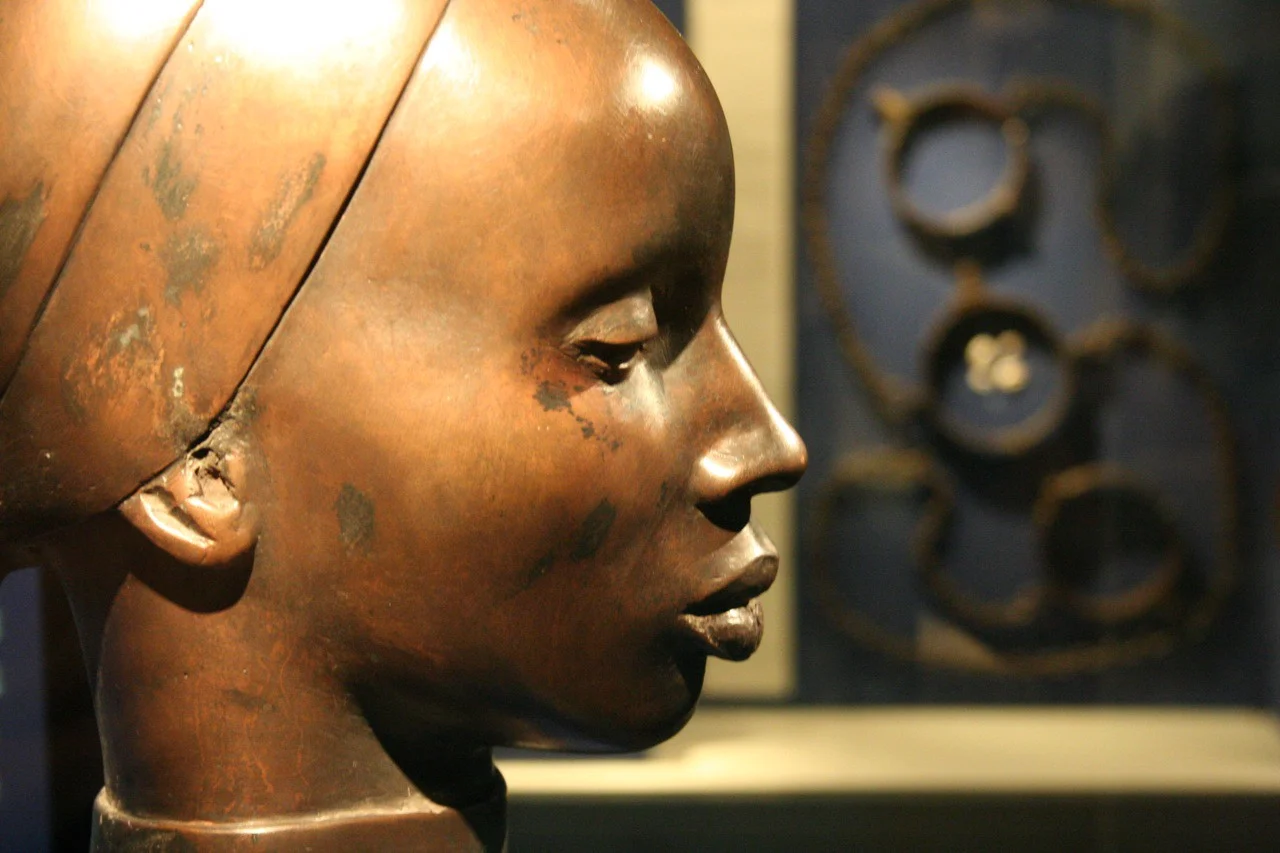How Slavery Changed the DNA of African AmericansPosted in Articles, Economics, Health/Medicine/Genetics, History, Media Archive, Slavery, United States on 2019-08-26 01:08Z by Steven |
How Slavery Changed the DNA of African Americans
Pacific Standard
2016-07-19
Michael White, Assistant Professor of Genetics
Washington University School of Medicine in St. Louis, St. Louis, Missouri

(Photo: John-christopher-bowers/Flickr)
Widespread sexual exploitation before the Civil War strongly influenced the genetic make-up of essentially all African Americans alive today.
Our genetic make-up is the result of history. Historical events that influenced the patterns of migration and mating among our ancestors are reflected in our DNA — in our genetic relationships with each other and in our genetic risks for disease. This means that, to understand how genes affect our biology, geneticists often find it important to tease out how historical drivers of demographic change shaped present-day genetics.
Understanding the connection between history and DNA is especially important for African Americans, because slavery and discrimination caused profound and relatively rapid demographic change. A new study now offers a very broad look at African-American genetic history and shows how the DNA of present-day African Americans reflects their troubled history…
Read the entire article here.